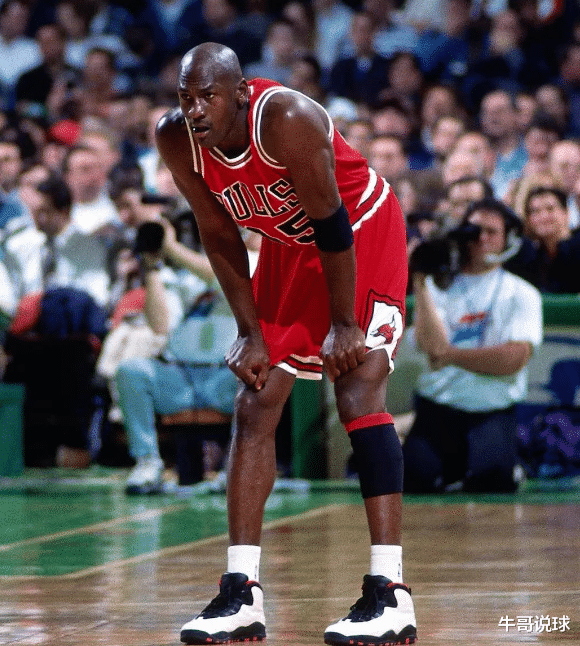Translation of the article content into English:
In the summer of the 96 season, after leading the Bulls to victory, Jordan's contract with the Bulls also came to an end, making him a free agent. At that time, Jordan's team wanted to secure a top-tier contract for him, reportedly seeking an annual salary of $40 million, which was quite challenging for the Bulls. Therefore, Jordan's team prepared to put him on the trading market to see what kind of frenzy various teams would go through to acquire him.

Obtaining Jordan could almost guarantee significant financial returns. The most competitive teams were his mother team, the Bulls, and the Knicks. The Knicks offered a blank check to Jordan, allowing him to add his own terms, and the team owner stated that there would be no negotiation. This shocked even the high-level management of the Bulls and the mayor of Chicago. Jordan also announced that he would choose between the Bulls and the Knicks. It was precisely because of the Knicks' pursuit that the Bulls were forced to agree to a top-tier salary of 63.28millionovertwoyears,withthefirstyear′ssalaryreaching30.14 million and the second year at 33.14million.Atthattime,theBulls′entireteam′ssalarycapwasonly24.36 million, demonstrating the immeasurable value of Jordan. Ultimately, I believe Jordan wouldn't be foolish; he definitely stayed with his mother team, the Bulls, considering the right timing, location, and people.

The NBA is business, and Jordan could bring benefits to everyone in the league. Therefore, regarding the issue of annual salary, other owners would not object. Whether it was the Bird Rule or enjoying privileged wages not counted against the salary cap, as long as he desired it, the league would introduce a Jordan salary rule. At that time, apart from Jordan, other big-name stars like Pippen, Malone, Barkley, etc., probably earned only a few million dollars a year. Although salaries are high now, they are not unique, unlike the significant difference during Jordan's era. Thus, it is unquestionable why Jordan is called the god of basketball.

At that time, the entire league agreed to Jordan's top salary outside the range. As long as Jordan was there, the brand value of the NBA could continue, ticket prices for games could stabilize, and the income of each team could stabilize; this was a consensus. During his peak, games featuring Jordan had explosive ticket sales, and scalper tickets became popular at that time. Conversely, once Jordan couldn't play due to any reason, game ticket sales were average. Some fans even called and wrote letters to the ticket sales units and TV companies broadcasting the games, telling them, "We don't like watching games without Jordan."
This article is original to the author, and any plagiarism will be pursued!